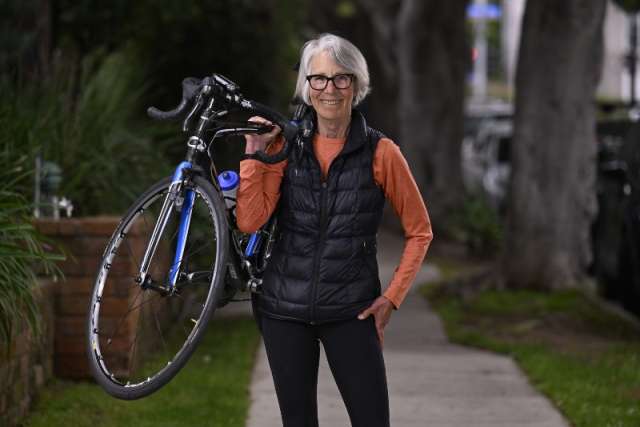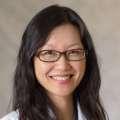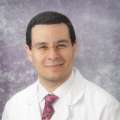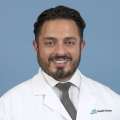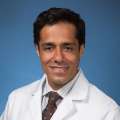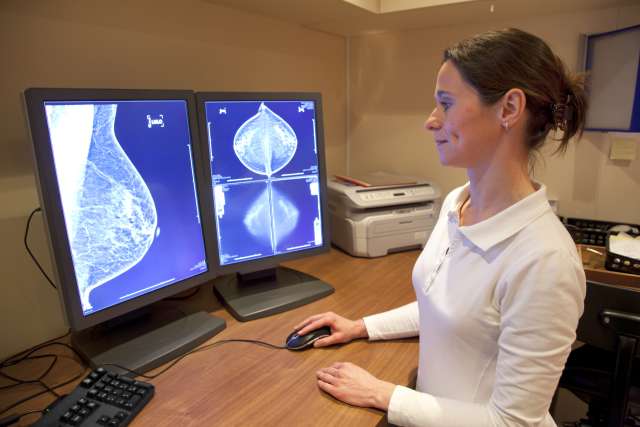While training for the California International Marathon in Sacramento in 2022, Jill Weisman, a recently retired UCLA Health physical therapist, started having difficulty swallowing. She went on to win the race for her age group, but just a few weeks later she was diagnosed with esophageal cancer.
“I was having problems swallowing, and something got stuck in my throat,” Weisman recalled. “I had had periodic problems, but this time was particularly bad. My wife, Judy Hartley, insisted I see a gastroenterologist.”
Following her diagnosis, Weisman faced a number of other challenges. She developed pneumonia, and the lung and chest pain she was experiencing led to concerns that the cancer had metastasized.
Navigating treatment with strength and support
Throughout her treatment, which included both radiation and chemotherapy, she remained determined, continuing to exercise and maintain her diet. “The hard part was not being able to eat the things I wanted,” Weisman said. “I love hot salsa and Mexican food, but anything spicy would irritate my throat. I had to switch to bland foods and increase my fat intake to keep my weight up.”
Her fitness level before her diagnosis “definitely helped her get through all the treatments as smoothly as possible,” said UCLA Health thoracic surgeon Jane Yanagawa, MD, who is surgical director of the Robert G. Kardashian Center for Esophageal Health. “But it was not just her fitness; it was her commitment to getting the best outcome possible. She worked hard and did everything we asked of her at every step of the treatment process.”
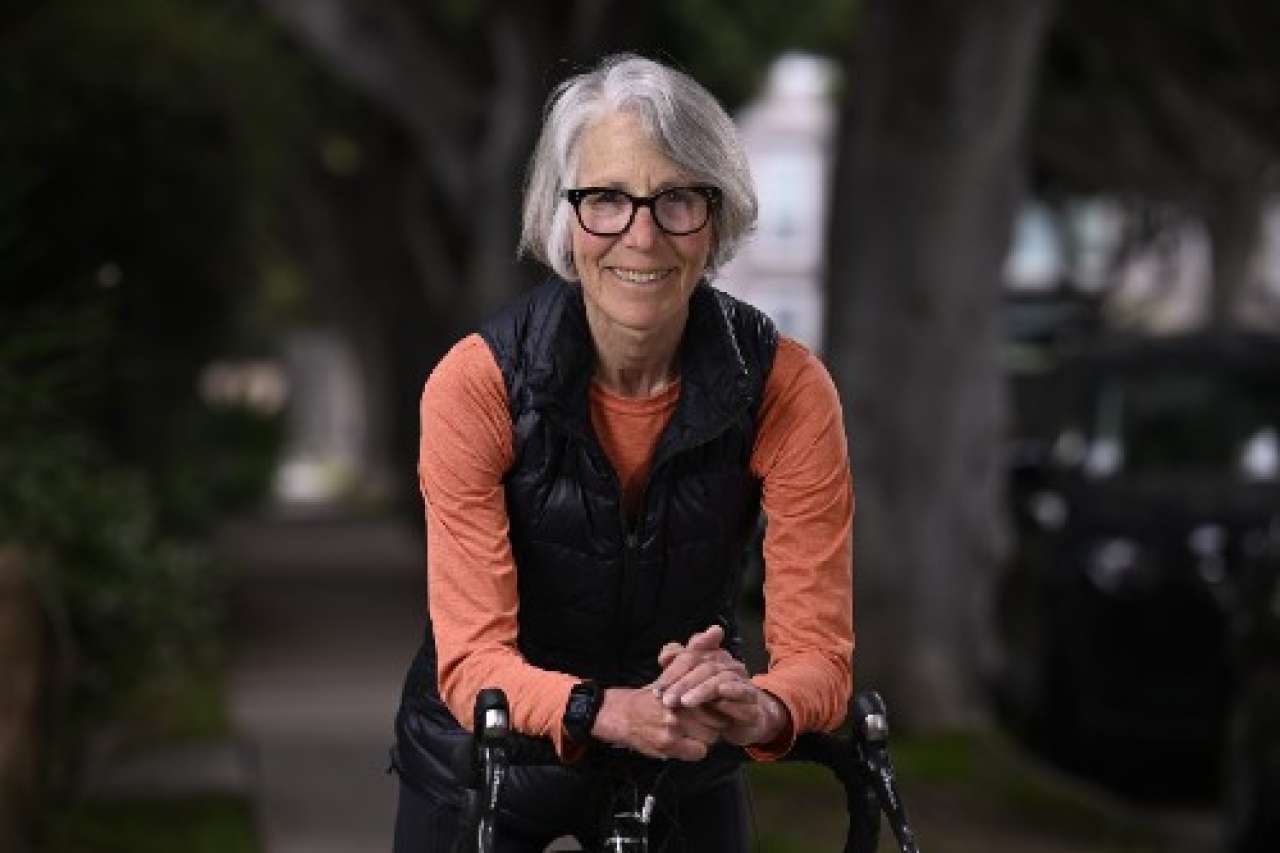
Surgery and recovery
After completing radiation and chemotherapy, Weisman underwent an esophagectomy in April 2023, performed by Dr. Yanagawa and oncologic surgeon Mark Girgis, MD, both members of the
“I chose to do the esophagectomy to make sure any cancerous cells that might have been missed with radiation and chemo were removed,” Weisman explained.
Post-surgery, Weisman faced additional challenges, but her proactive approach and positive attitude significantly aided her recovery. One year after surgery, she is riding her bicycle 150 miles a week, running 35 miles a week and is traveling to Portugal to participate in a bike ride.
Her UCLA Health medical team — which also included radiation oncologist Ann Raldow, MD, gastrointestinal oncologist Sidharth Anand, MD, and interventional gastroenterologist Alireza Sedarat, MD — “was incredible,” Weisman said. “Their professionalism and care were truly awesome.”
Keeping the patient informed is essential to successful treatment, Dr. Yanagawa said. “We always make sure the patient understands the how and why of everything we are recommending so that they can feel empowered and take part in the decision-making.”
Staying active and mentally strong
Throughout her treatment, Weisman emphasized the importance of staying active and maintaining social connections. “I found exercising during my illness helpful,” she said. “It helped me cope with the physical and emotional toll of cancer.”
She also found value in social support and continued to meet friends for walks, as well as connecting and sharing experiences with other patients with cancer. Her advice to other patients is clear: “Be as active as you can and connect with other people. You don’t have to do it alone.”
